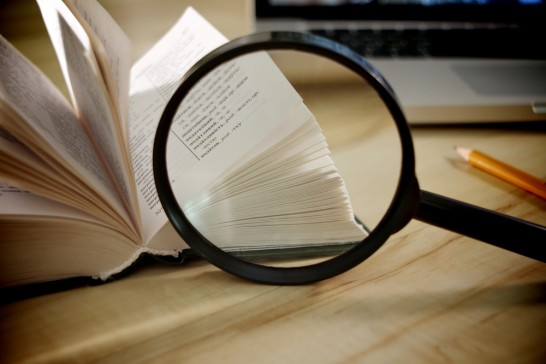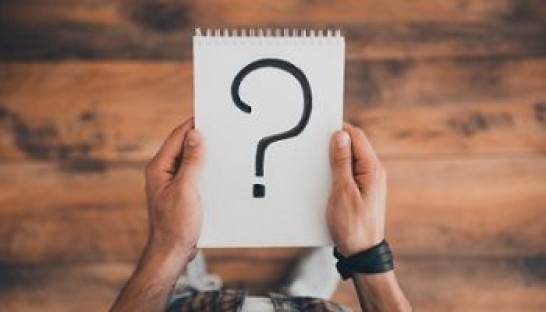
CAS course in Data Management and Information Technologies
Starting in January 2021, we offer a CAS course in Data Management and Information Technologies. Further information is available here.
CAS DMIT end-of-course workshop / 5 June 2021
To mark the end of our first CAS course in Data Management and Information Technologies for scientific librarians, we held a workshop which was opened up to the public for the afternoon.
The main topics covered included data science, digital humanities and research infrastructures. Fascinating discussions and knowledge transfer within the specialist community rounded off the first CAS DMIT.
Lena Oetjens and Luzia Roth
Robert Jäschke (Humboldt University Berlin): Exploiting your own valuable data – data science and libraries
Sonja Gasser (University of Bern): Images and metadata from digital collections – access and use in the digital humanities
Stefan Schmunk (Darmstadt University of Applied Science): Demands and requirements for digital research infrastructures in the humanities
“Digitally packaged information” conference / 22 & 23 September 2020
The work of a library involves providing information services against the backdrop of new technologies and an increasing abundance of information. The digital transformation is giving rise to new tasks and areas of activity for academic libraries.
We launched into the topic with our interdisciplinary conference on “Digitally packaged information”, with contributions from academic libraries, information science, computer linguistics and the digital humanities. Attendees and speakers discussed the new perspectives opened up by the digital transformation for libraries working with researchers.
Owing to the coronavirus situation, this was a purely virtual event.
Despite the limitations of the virtual format, it proved to be a fascinating conference and a great opportunity to share knowledge and experiences within the community.
Lena Oetjens, Luzia Roth and Katja Staub
|
Programme |
|
Speakers |
|
Title |
|---|---|---|---|---|
|
|
|
|
|
|
|
Tue, 22.09.2020 |
||||
|
10.30am–10.45am |
|
Welcome (Christian Oesterheld, Director of the ZB) |
|
Recording
|
|
10.45am–11.15am |
|
Introduction (Lena Oetjens, Luzia Roth, Katja Staub) |
|
Recording
|
|
11.15am–12 midday |
|
Peter Bell (University of Erlangen) |
|
From an image to a thousand words. Cataloguing historical illustrations and computer vision |
|
12 midday–1.15pm |
|
Lunch |
|
|
|
1.15pm–2.00pm |
|
Tobias Hodel (University of Bern) |
|
New ways of accessing manuscripts and old books: searching large corpora |
|
2.00pm–2.45pm |
|
René Schneider, Julien Raemy (Haute école de gestion de Genève) |
|
Unpack, identify, address: thoughts on the convergence of linked data and persistent identification |
|
2.45pm–3.15pm |
|
Break |
|
|
|
3.15pm–4.00pm |
|
Patrick Dinger (Deutsche Digitale Bibliothek Frankfurt a.M.) |
|
One portal, many partners – the challenges of constructing a newspaper portal across multiple holdings |
|
4.00pm–4.45pm |
|
Gerold Schneider (University of Zurich) |
|
A quantitative history of ideas: newspapers, parliamentary debates and medical research in centuries past |
|
Wed, 23.09.2020 |
||||
|
9.00am–9.45am |
|
Christof Schöch, Maria Hinzmann (University of Trier) |
|
Mining and modelling text: information extraction and linked open data for literary historians |
|
9.45am–10.30am |
|
Regine Tobias (Karlsruhe Institute of Technology) |
|
Open access and open science – local services for research and teaching and the role of the library at KIT Karlsruhe |
|
10.30am–11.00am |
|
Break |
|
|
|
11.00am–11.45am |
|
Cyrus Beck (Zentralbibliothek Zürich) |
|
The law of digital data – everywhere and nowhere? |
|
11.45am–12.30pm |
|
Noémie Ammann (ETH Library, Zurich) |
|
Metadata processing in the discovery system off the shelf |
|
12.30pm–2.00pm |
|
Lunch |
|
|
|
2.00pm–2.45pm |
|
Michael Piotrowski (Université Lausanne) |
|
Ich weiss nicht, was soll es bedeuten …
|
|
2.45pm–3.30pm |
|
Noah Bubenhofer (University of Zurich) |
|
Lists, maps, vectors, trees, scores: visualisations in linguistics |
|
3.30pm–4.00pm |
|
Closing discussion
|
|
|
The abstracts are available here.


